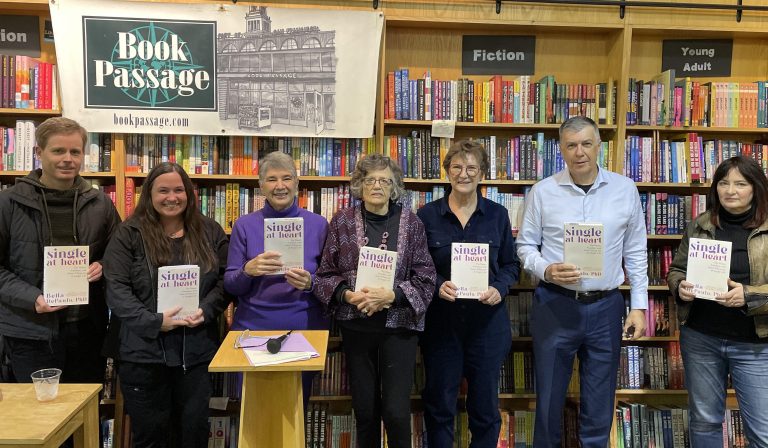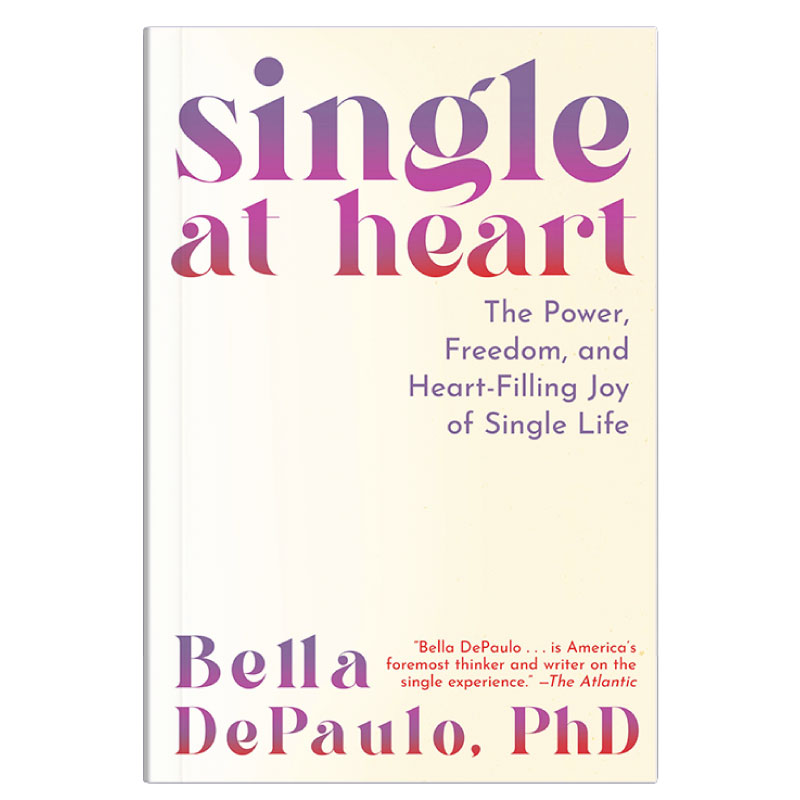 This is the first post to the section of my blog on “Liars and their Lies.” I’ve been studying and writing about the social psychology of lying and detecting lies for decades. I’ve looked into a vast array of topics related to deception, including the lies people tell in their everyday lives, the more serious lies they tell to others and that others try to tell them, and the ways that people finesse the truth when a totally honest answer would be hurtful. I’ve tried to understand how ordinary people – people who care about honesty and have a sense of morality – can end up telling extraordinary lies.
This is the first post to the section of my blog on “Liars and their Lies.” I’ve been studying and writing about the social psychology of lying and detecting lies for decades. I’ve looked into a vast array of topics related to deception, including the lies people tell in their everyday lives, the more serious lies they tell to others and that others try to tell them, and the ways that people finesse the truth when a totally honest answer would be hurtful. I’ve tried to understand how ordinary people – people who care about honesty and have a sense of morality – can end up telling extraordinary lies.
I’ve also studied people’s general level of success (or lack of it) in trying to tell whether other people are lying, asked whether certain kinds of people are especially good at detecting lies, and looked at the cues that might be relevant or misleading. Charles F. Bond Jr. and I have published some papers in which we’ve reviewed all of the relevant studies on these topics. Starting in a month or two, Charlie will become a regular contributor to this “Liars and their Lies” section of the blog, posting about once a week.
If you want to hear that touching your nose is a sure sign of lying, or any other such blanket claims, then this is not going to be the blog for you. Charlie Bond and I are social scientists, and we have found that many of the popularized “findings” about clues to deception are greatly exaggerated or just plain wrong. We’ll tell you what we think the research really does show.
Currently, there is quite a lot of ongoing research motivated by the attacks of September 11, 2001. Is it possible to tell when someone is lying about something deadly serious? Is it possible to tell if someone is up to no good, even before they commit their evil acts? That’s called the study of “malintent.” Charlie Bond and I have sometimes been asked to evaluate that research, and we’ll share our opinions here.
I have been blogging for years for the Huffington Post and for Psychology Today, but have only occasionally written about deception. I’ll repost the most popular of those contributions here (for example, “Do relationships need lies to survive?”). Going forward, Charlie and I will post here about all sorts of lies making the news. (There never seems to be a shortage.) We will also talk about books, movies, and TV shows that seem pertinent.
Let us know if you have questions you would like us to address. We don’t give personal advice but we can tell you whether there is relevant research on the topic.
You can learn more about my chapters and articles about deception on this page. I also have two books on the topic: Behind the Door of Deceit: Understanding the Biggest Liars in Our Lives and The Lies We Tell and the Clues We Miss: Professional Papers.





